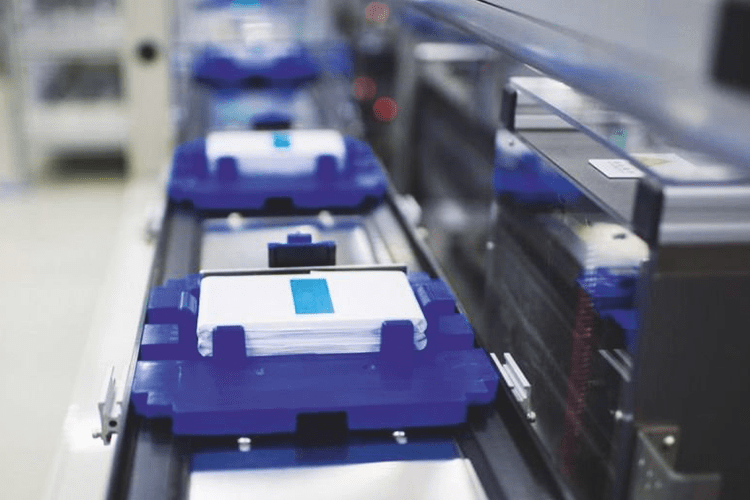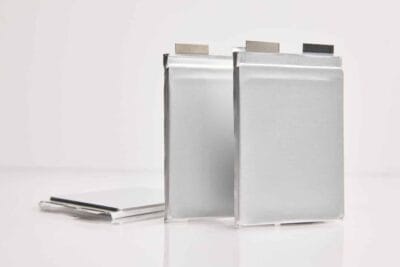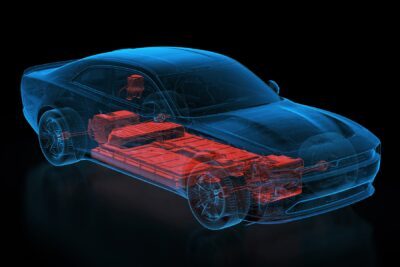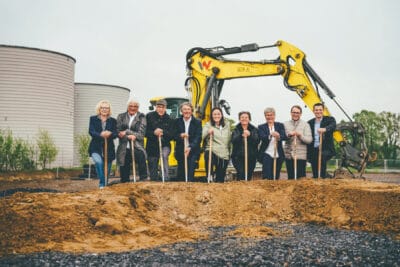Tesla could source LFP cells from CATL in China
Tesla could purchase completely cobalt-free battery cells for the first time as part of its supply contract with CATL for China. The cells will be lithium iron phosphate (LFP) cells with improved energy density.
+ + Kindly see our update below + +
The cells are also said to be cheaper by a “double-digit percentage” compared to those used so far, writes news agency Reuters referring to an insider source. Tesla and CATL have declined to comment.
Just over two weeks ago, the Chinese battery cell manufacturer CATL confirmed that it had signed a supply contract with Tesla. However, the final purchase volume for battery cells between July 2020 and June 2022 is to be determined at a later date on the basis of actual orders. In addition to CATL, Tesla will also source battery cells from LG Chem at its China plant, while the Fremont plant will continue to be supplied by Panasonic with cells from Gigafactory 1 in Nevada.
According to a person directly familiar with the matter, Tesla has been talking to the CATL for more than a year to supply lithium iron phosphate cells said to be cheaper by a double-digit percentage compared to those used by the Californian company so far. It would be the first time that Tesla would rely on LFP cells – mainly with the aim of reducing production costs. However, there are no plans to stop using the current NCA cells.
As a rule, electric cars manufacturers rely on NCA or NMC cell chemistries, as these have so far been able to demonstrate a higher energy density. The exception is BYD that primarily uses lithium iron phosphate cells in their vehicles. CATL is now said to have achieved a higher energy density through, among other things, the cell-to-pack technology (CTP) developed in-house. At the IAA, the Chinese company already announced such a CTP platform, which is intended to improve the development of battery sets through process efficiency, cost savings and fewer components. CATL’s goal was to increase the mass-based energy density by 10 to 15 per cent, while the company announced a 15 to 20 per cent improvement in volume-based usage efficiency. This means that more energy can be stored in the same amount of battery space, and the battery is also lighter. It is also expected that 40 per cent fewer components will be needed.
Update 22.02.2020: According to the raw material market research company Benchmark Mineral Intelligence, CATL’s LFP cells for Tesla will be prismatic rather than cylindrical, but will be adapted to the Model 3 battery pack. Tesla will only use these cells in the standard range version of the Model 3 in China, while the long range version will use NCM-811 cells from LG Chem. The decision to do without cobalt is said not to have played a role in the decision for CATL’s LFP cells (Tesla uses very little cobalt in its cells anyway) – the step is said to have been taken purely for cost reasons. It is estimated that the cost savings for the standard range version of Model 3 with the LFP cells are more than 25 per cent compared to the US-produced counterpart with NCA chemistry.
Update 14 May 2020: New unofficial information from China suggests that CATL can start delivering cells to Tesla in the second half of 2020 – this would be in line with the original information that delivery was planned from July.
According to an article published on 5/12, CATL will provide @Teslacn with its cells in the 2nd half of 2020. With supply chain fully localized, SR would cost ¥180k/$25.5k to make. The sales price would likely go down to ¥210k/$29.8k. IMO, sales price would be around $33k. pic.twitter.com/SWzID25KaJ
— Ray (@ray4tesla) May 14, 2020
What is new, however, is speculative information on the price of the MIC Model 3: According to estimates by the Chinese media, production of the Model 3 Standard Range with a fully localized supply chain would cost only around 180,000 yuan (approx. USD 25,500). The speculated selling price is about 210,000 yuan, about 29,800 US dollars. Tesla had recently lowered the price of the Model 3 to 291,800 Yuan so that the vehicle can continue to benefit from subsidies in China – in future there will be a price cap of 300,000 Yuan. After deducting the premium, the standard range+ variant currently costs 271,550 yuan, the equivalent of 35,410 euros.
reuters.com, benchmarkminerals.com (Update), twitter.com, teslarati.com (Update II)





0 Comments